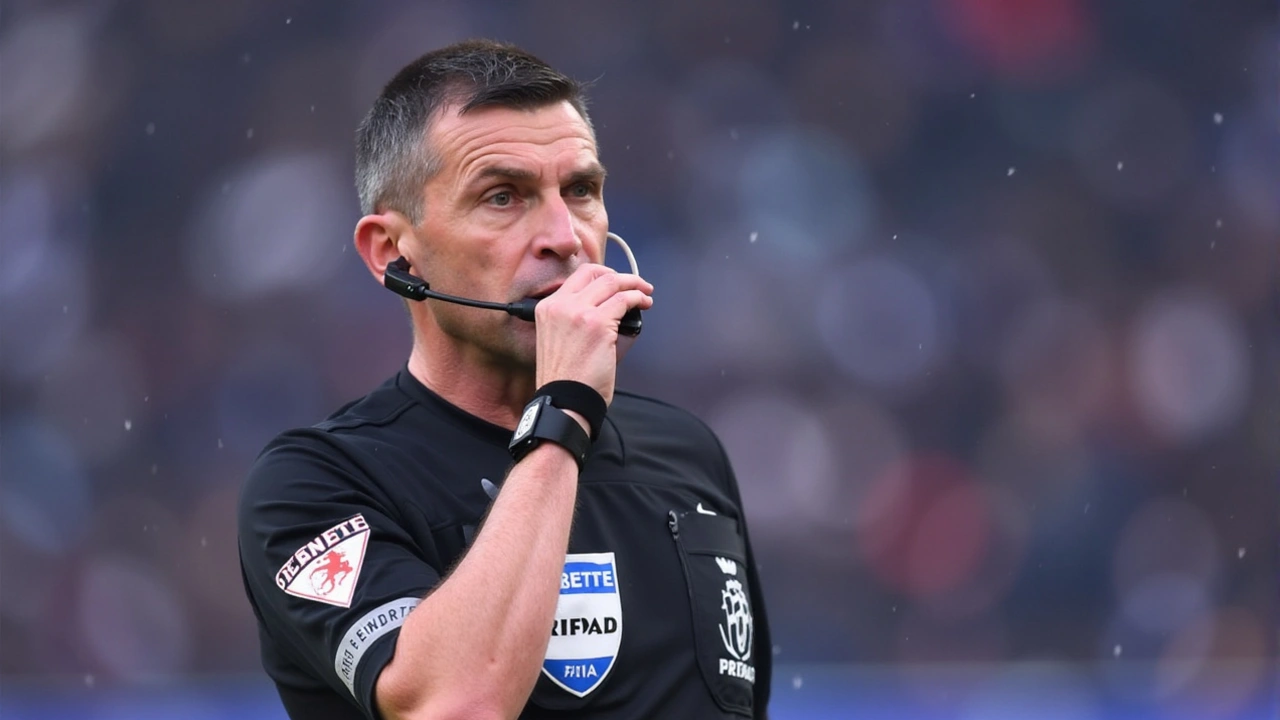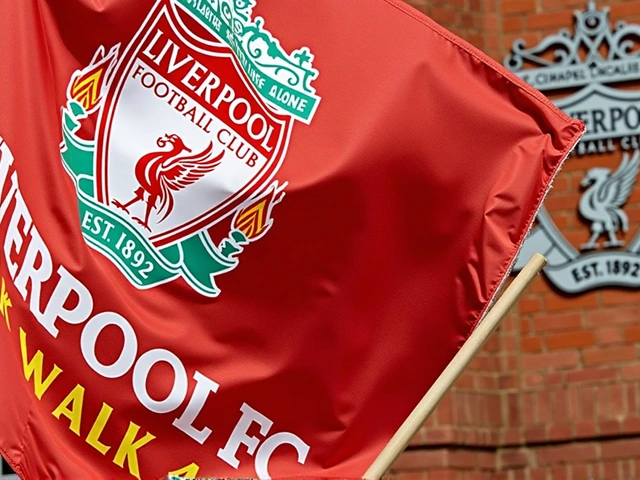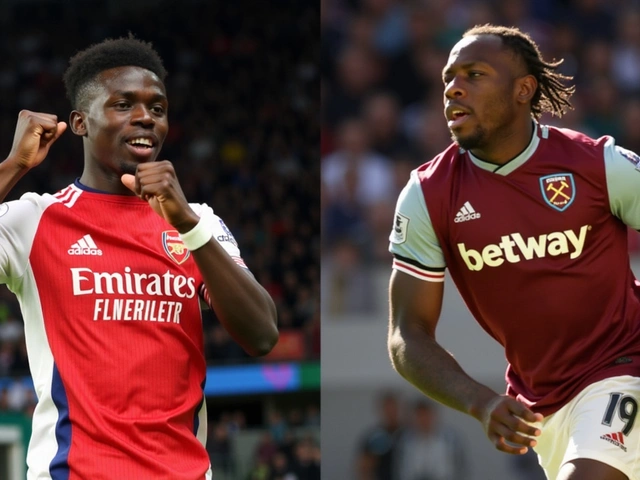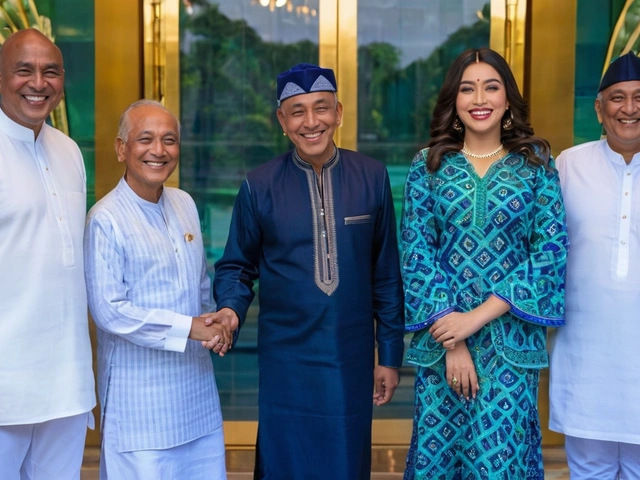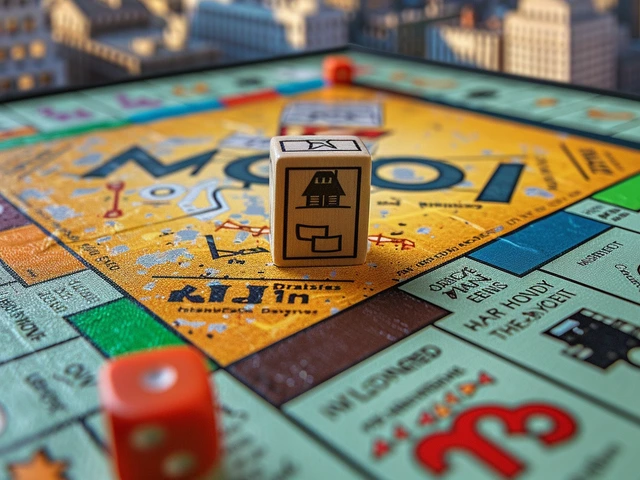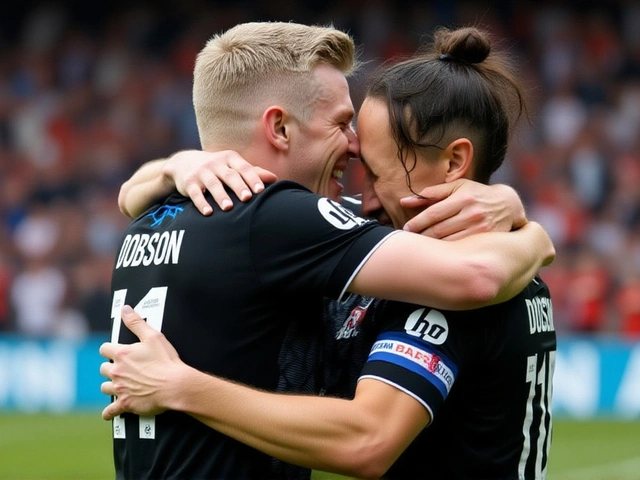Michael Oliver's Crucial Error in Manchester City vs Arsenal Clash: How VAR Couldn't Help
The recent clash between Manchester City and Arsenal was anything but uneventful, with controversy arising from a referee decision that had significant implications. Michael Oliver, the match referee, found himself at the center of this storm. The incident that caused all the commotion unfolded in the 22nd minute, a moment that seemed to alter the very course of the game.
As Oliver blew his whistle to award a free kick to Arsenal, everything seemed routine. But what followed was far from it. Oliver called over Manchester City's Kyle Walker, pulling him out of his defensive position near the center circle. Walker, approximately 45 yards away from his usual right-side defensive spot, had been ordered to receive a warning from the referee. Thus, he was temporarily out of position when Oliver resumed the game without waiting for Walker to return to his post.
Quick on their feet, Arsenal players seized the opportunity. Gabriel Martinelli, noticing the gap in City's defense, acted swiftly. He set into motion an attack that resulted in Riccardo Calafiori’s first goal for Arsenal, bringing the score to 1-1. The goal was a stunner, but the buildup to it featured the controversy that Oliver might not just live down quickly.
Gary Neville, who was commenting live for Sky Sports, did not shy away from pointing out the mistake. His words, 'He's pulled him out of position but not allowed him to get back. I would be annoyed,' echoed the sentiments felt by many, especially those in the Manchester City camp. The implication of such a decision by the referee raised immediate concerns about fairness and the role of referee interruptions in live play.
Pep Guardiola's Critique
Post-match, Pep Guardiola didn’t hold back. In his interview, he elaborated on how the decision affected his team's performance. He mentioned not just the interruption but also the sequence of the referee's actions before that pivotal first goal. Guardiola's critique was comprehensive, pointing out that such decisions could have lasting impacts on player behavior. After all, who would want to be pulled out for a chat with the referee if it meant leaving their side exposed?
VAR's Limitation
It’s essential to understand why VAR couldn't intervene in this scenario. The role of VAR, or Video Assistant Referee, is to correct clear and obvious errors in certain situations—goals, penalties, direct red cards, and cases of mistaken identity. Unfortunately, procedural decisions like a referee calling a player over for a warning before a free kick don’t fall within VAR’s jurisdiction. Consequently, VAR was powerless to rectify what many saw as a grave oversight by Michael Oliver.
This incident has sparked a debate that might lead to changes in how these decisions are managed in the future. Could there perhaps be a rule that mandates the defending team must be fully positioned before a free kick is taken? Or should more discretionary power be given to VAR to consider procedural errors as part of its remit? These questions remain open, and it will likely take some time before any concrete steps are taken.
Impact on Future Matches
The implications of such errors go beyond the match itself. Players may become increasingly skeptical about complying readily with referee instructions if it means risking their team's defensive integrity. Referees, on the other hand, could also become more hesitant, well aware of the ensuing backlash any small mistake might provoke. As football continues to evolve, so too must the rules and technologies that govern it. This incident may very well become a case study for future amendments.
Despite the controversy, the game went on, with both teams fighting tooth and nail till the final whistle. The match ended in a 2-2 draw, with Arsenal later scoring again to pull level with Manchester City. However, the spotlight of this match remained firmly on that 22nd-minute incident, a stark reminder of how even the smallest decisions on the pitch can have monumental consequences.
As fans, players, and officials look back on this match, it becomes clear that football’s beauty lies in its unpredictability, in the moments that become ingrained in the collective memory of everyone involved. Michael Oliver's mistake might be scrutinized for months to come, but it is also a reminder that human error is as much a part of sport as talent and strategy. As debates roar on and potential reforms are discussed, the world will be watching closely. After all, it’s in moments like these that the spirit of the game truly comes to life.
And so, we look forward to future games, hoping for fewer controversies and more brilliant football, but ready for any twist and turn that this beautiful game throws at us. For now, all eyes remain on Manchester City, Arsenal, and Michael Oliver, waiting to see what comes next in this ever-evolving drama.

